A compelling Sunday afternoon of music, mostly from the Holocaust
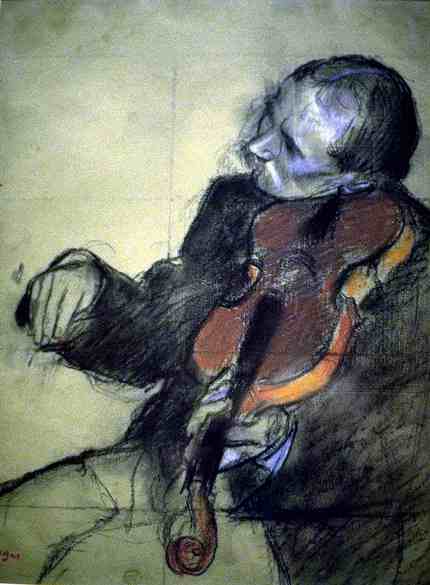
The Holocaust must never be forgotten. As an example of man’s inhumanity towards man, it is one of history’s most savage and brutal attempts at genocide. That it occurred during the lifetime of many who are still on this planet is sufficient warning to be ever vigilant.
Sunday Afternoons of Music presented a concert titled Lost Music of the Holocaust featuring music composed in Nazi concentration camps, an event sponsored by the Abraham J. & Phyllis Katz Foundation at the University of Miami’s Gusman Concert Hall.
The program also included a pair of piano quartets by Mahler and Brahms. Mahler, Jewish by birth, fits somewhat into the theme of the program, even if died long before the rise of Hitler. But Brahms? Perhaps there was some thought that too much music from those interned in the camps would lend an uncomfortably somber cast. The reality, however, was far different as proven by this uplifting music.
Violinist Misha Vitenson, violist Michael Klotz, and cellist Amit Peled performed the 1944 String Trio by Czech composer Gideon Klein who was sent to his death at Auschwitz only nine days after the work’s completion.
This staggering music by a 26-year-old belongs to the world of Janacek and Bartok. While deeply moving, the trio has no hint of self-pity or sense of impending doom, given the horrific circumstances. It is surprisingly upbeat and clear in its formal logic and belongs in the mainstream of Czech composition of the time. The central movement is a set of variations on a Moravian folk tune. The trio blended well, yet each player’s timbre was clearly heard within the music’s texture.
The Hassidic Suite for cello and piano by Ukrainian-born Joachim Stutschewsky was written in 1946. A refugee from Austria who fled to Israel during the war, Stutschewsky was part of a family of klezmer musicians, and never forgot his heritage. The four-movement Suite is beautiful and expressive without showing any cloying sentimentality or faux ethnicity. Cellist Peled has made something of a specialty of this piece and, along with pianist Alon Goldstein, gave a performance of great eloquence and tonal variety.
Erwin Schulhoff is the best known of the composers whose career was cut short by the Holocaust, dying of tuberculosis while a prisoner at the Wulzburg camp. His output was eclectic, often drawing upon jazz elements. It was a pity that the program only included the Zingaresca (Gypsy song) from his 1925 Duo for Violin and Cello, though the single movement shows the influence of Bartok at his folksy best, and the two players forcefully executed its tricky rhythms.
Mahler’s Piano Quartet is an uncompleted student work, written at the age of 15, and his only surviving chamber piece. The predominantly lyrical opening movement is of considerable beauty yet with nothing else to follow. The four players embraced the Schubertian melodic contours with a sweeping attention to detail and a conviction of having lived within the music’s emotional world.
Brahms’ Piano Quartet in G minor is the most popular of his three works in that form, due to the perfect proportions and full romanticism of its four impassioned movements. The players responded to every detail and inflection of the music, with a full throttle rendering of the fiery gypsy Rondo that closes the work.
To add to the occasion, noted violinist Ida Haendel, an area resident for thirty years, was asked to say a few words. She also borrowed a violin and played a Jewish melody that she had performed before the Pope.
Posted in Performances
One Response to “A compelling Sunday afternoon of music, mostly from the Holocaust”
Leave a Comment
Mon Jun 1, 2009
at 12:30 pm
1 Comment
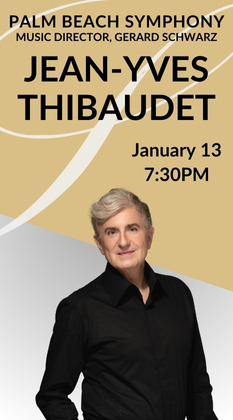
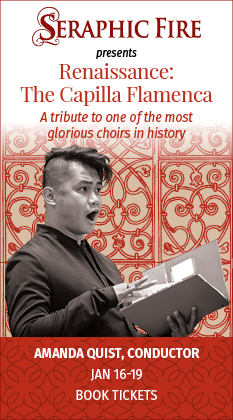
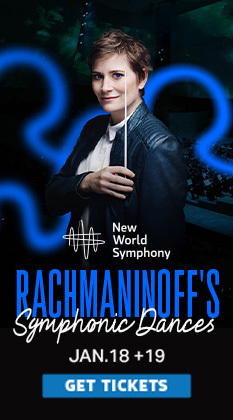
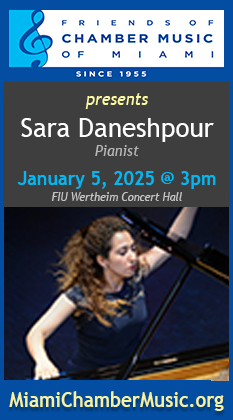
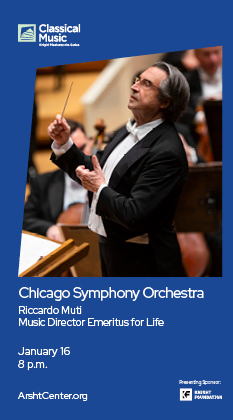

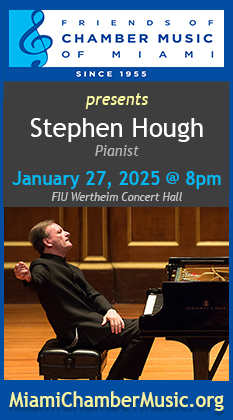
Posted Sep 15, 2010 at 12:58 pm by Jessica
The image of the violinist at the top looks very similar to what I imagined Juliek from the novel “Night” would look like.